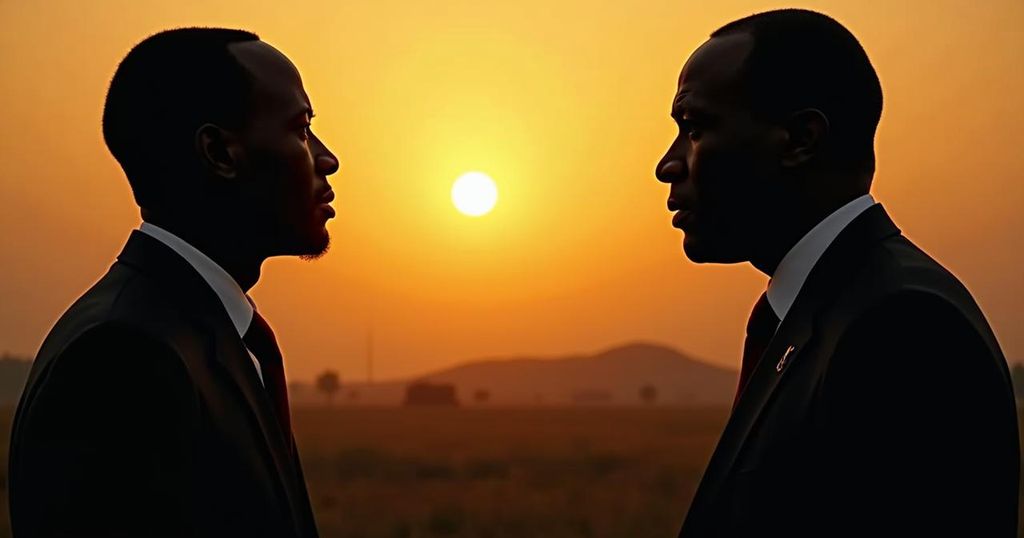Rwandan Foreign Minister Reports Congolese Rejection of M23 Conflict Resolution Agreement
Rwandan Foreign Minister Olivier Nduhungirehe revealed that the Congolese counterpart declined to sign an agreement to address the M23 conflict, which has displaced 1.7 million people. Tensions persist amid allegations of Rwanda aiding the M23 and Congo collaborating with Hutu militants. Negotiations aimed at conflict resolution have been impeded, underscoring regional instability.
On Saturday, Rwandan Foreign Minister Olivier Nduhungirehe announced that the Congolese government had declined to endorse a previously agreed proposal aimed at addressing the ongoing conflict involving the M23 rebel group in eastern Democratic Republic of Congo. This conflict has resulted in the displacement of over 1.7 million individuals. The M23 group, led predominantly by Tutsi militants, has been engaged in hostilities in the region since 2022. The Democratic Republic of Congo, along with the United Nations and other entities, have accused Rwanda of providing military support to the M23 fighters, a claim that Rwanda categorically denies. Rwanda asserts that it has merely undertaken defensive actions in response to threats posed by the Congolese government, particularly from the Democratic Forces for the Liberation of Rwanda (FDLR), a Hutu rebel faction. Both nations were engaged in negotiations in late August aimed at alleviating the humanitarian crisis exacerbated by the conflict. According to Minister Nduhungirehe, discussions included representatives such as Congo’s head of military intelligence, who reached a consensus on a plan that included measures to neutralize the FDLR and mitigate Rwanda’s defensive actions. Nduhungirehe reported that the agreement was to be formalized by the ministers on September 14 but was obstructed when the Congolese minister expressed her opposition to signing the plan under the stipulation that the actions against the FDLR and the easing of Rwanda’s measures occur simultaneously. The Congolese government’s spokesperson was unavailable for immediate comment regarding this development. Notably, both president of Congo, Felix Tshisekedi, and president of Rwanda, Paul Kagame, were present at a summit in France, where discussions were conducted separately with French President Emmanuel Macron regarding the conflict.
The conflict involving the M23 rebel group in eastern Democratic Republic of Congo is rooted in long-standing ethnic tensions and complex regional politics. The M23 emerged in 2022, with accusations against the Rwandan government for supporting the group. This has escalated tensions between the Democratic Republic of Congo and Rwanda, two countries that share historical conflicts. Efforts to facilitate peace include negotiating plans that address the roles of various militias and the impacts of these groups on regional stability. As of now, the humanitarian crisis in the region has intensified due to ongoing violence.
In summary, the refusal of the Congolese minister to sign the proposed agreement highlights the complexity and fragility of the diplomatic efforts aimed at resolving the M23 conflict. The tension between accusations of foreign involvement and the struggles against militias in the region underscores the need for a concerted approach to peace. The ongoing humanitarian crisis necessitates immediate and effective action from both governments to prevent further displacement and suffering among the population.
Original Source: www.usnews.com




Post Comment